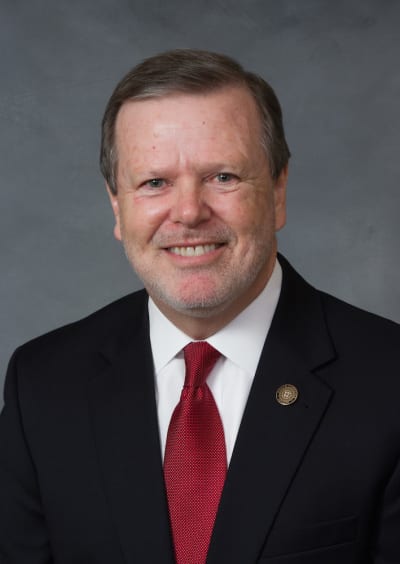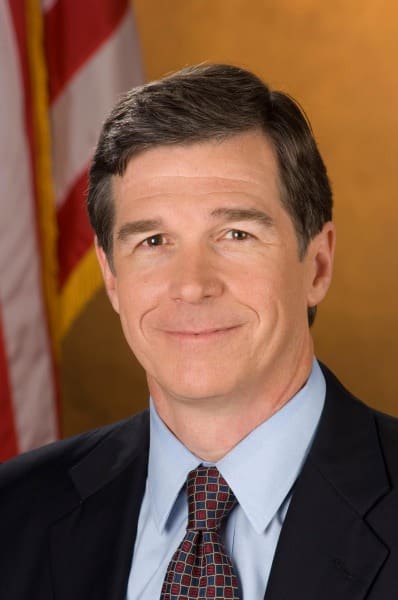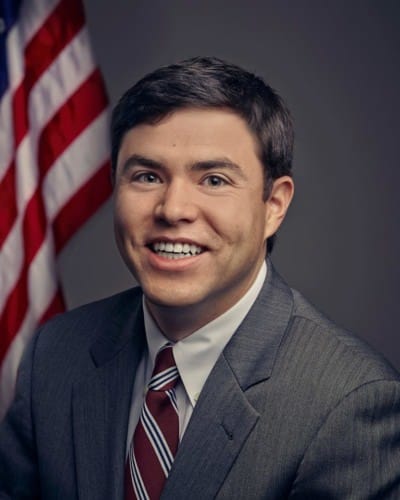The following perspective is written in response to a perspective by Bob Luebke: Is it time to hit reset on public education in North Carolina?
Opponents of traditional public schools are scrambling to defend the diversion of public funds to charter and private schools. They argue that since education itself is a public good, it shouldn’t matter where a student is educated: any school, regardless of its mission, quality, curriculum, student composition, staff experience, or student outcomes supports the public good, and therefore should be financially supported by the state.
This attempt to redefine “public good” to include schools that are segregating students by race and economic status, or that are completely unaccountable for the curriculum or the educational outcomes, betrays the role of public education in a democracy.
Our state constitution once mandated that public schools be segregated by race. Even after Brown v. Board Education, North Carolina fought integration for another decade. It eventually recognized that an education system based on racial exclusion and inequity failed to serve the public good. The state constitution was amended in 1971 to make clear that a “uniform system of public schools” provides the same educational opportunities to all North Carolina children. After many years of struggle, we finally achieved some measure of educational equity for all children, no matter the color of their skin.
So it is troubling that those who support diverting public funds to private schools would argue that the changes of about 40 years ago (which can only mean the dismantling of segregation) undermined the “common school ideal” and fractured the “consensus that helped sustain public education.” In the 1970s, many white people responded to integration by moving their children to private schools. Decades later, despite the evident benefits of fully integrated and socioeconomically balanced schools (sending Wake County Public Schools to top rankings nationally, for example), new strategies were developed to create alternatives to traditional public schools, but this time with one key difference: those “choices” would be funded with taxpayer dollars.
Steadily rising rates of racial and socioeconomic isolation harming poor children of color have resulted. Ample peer-reviewed research indicates that the group deprived of access to quality schools when districts (like Wake County and Charlotte-Mecklenburg) discard diversity-conscious student assignment plans is poor black students.
Twenty-five years ago, our state supreme court rejected the idea that the education guaranteed by our state constitution was merely the right of a child to a seat in a school building. The landmark Leandro decision made clear that “there is a qualitative standard inherent in the right to education guaranteed by this state’s constitution,” and at a constitutional minimum, schools must “enable the student to function in a complex and rapidly changing society . . .[and] to make informed choices with regard to issues that affect the student personally or affect the student’s community, state, and nation.”
How do charters meet the public good contemplated by these constitutional minimums when the evidence shows that they are nearly twice as racially segregated as the traditional public schools and have an increasingly segregative impact on the schools from which they draw students? How can we be assured that they further the public good when many of them are designed to generate income for their for-profit management companies, which maximize their profits by hiring unlicensed teachers and avoiding children who are more costly to educate, like students with disabilities or English language learners? How does the legislature’s recent vote to allow the state’s virtual charter schools to expand — even though they are the lowest performing charters in the state — serve the public good?
How do private schools that receive taxpayer-funded vouchers serve the public good when they are not required to meet any curricular or graduation standards, nor employ licensed teachers, nor demonstrate any measurable student performance outcomes or other academic achievement? How is the public good served when most schools receiving voucher funds rely on the Abeka Curriculum, which teaches that the earth is only 6,000 years old and that gay people are pariahs?
Instead of additional resources for chronically underfunded public schools in low wealth communities, the state continues to pour money ($65 million this year) into the voucher fund. And because of the threat that white parents might pursue taxpayer-funded “choices,” public schools are afraid to take meaningful steps toward addressing racial or economic segregation. For example, when Charlotte-Mecklenburg Schools voted to remedy the segregation in that district, four majority white towns in the county obtained legislation allowing them to open their own charters and exclude non-town residents.
Education is a public good when it provides equal access to resources and opportunities to all students and cultivates informed and engaged persons who can effectively participate in our diverse society. The measure of this good must be based on how well it serves the general public interest, not the private choices of individuals or the profit motives of corporations. While parents have the right to send their children to any school they choose, let’s not pretend that every school serves the public good or deserves the support of public funds.






